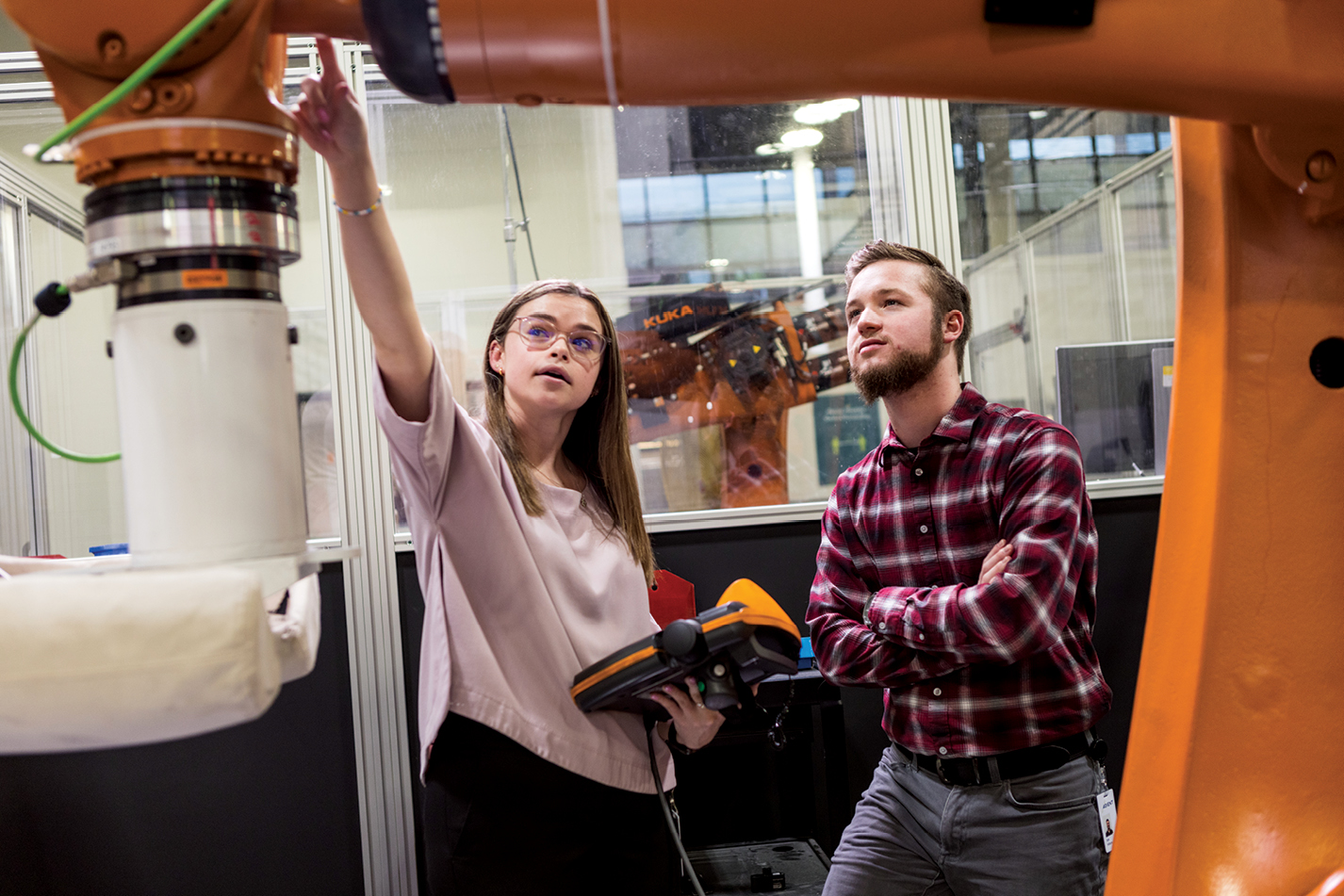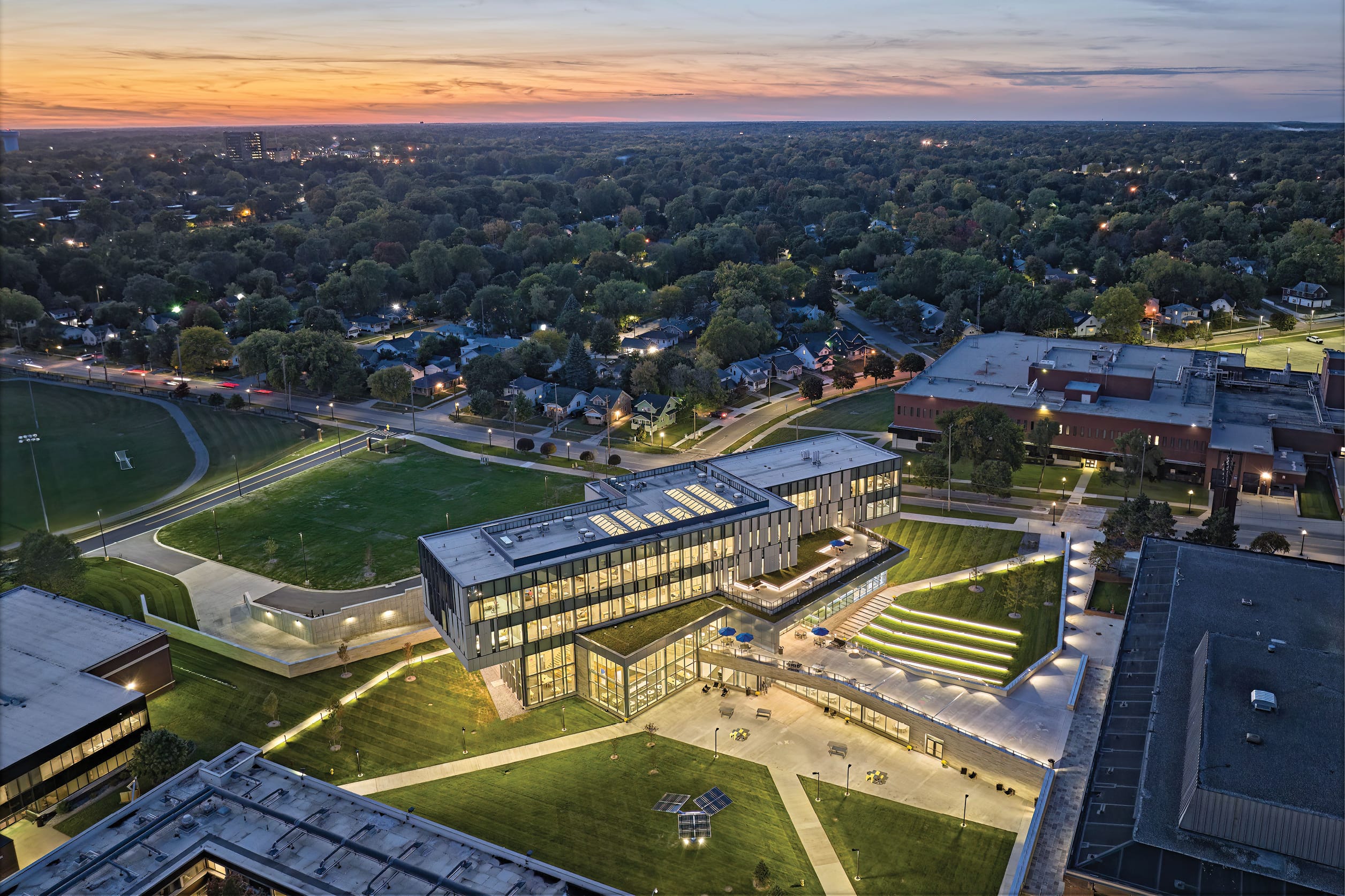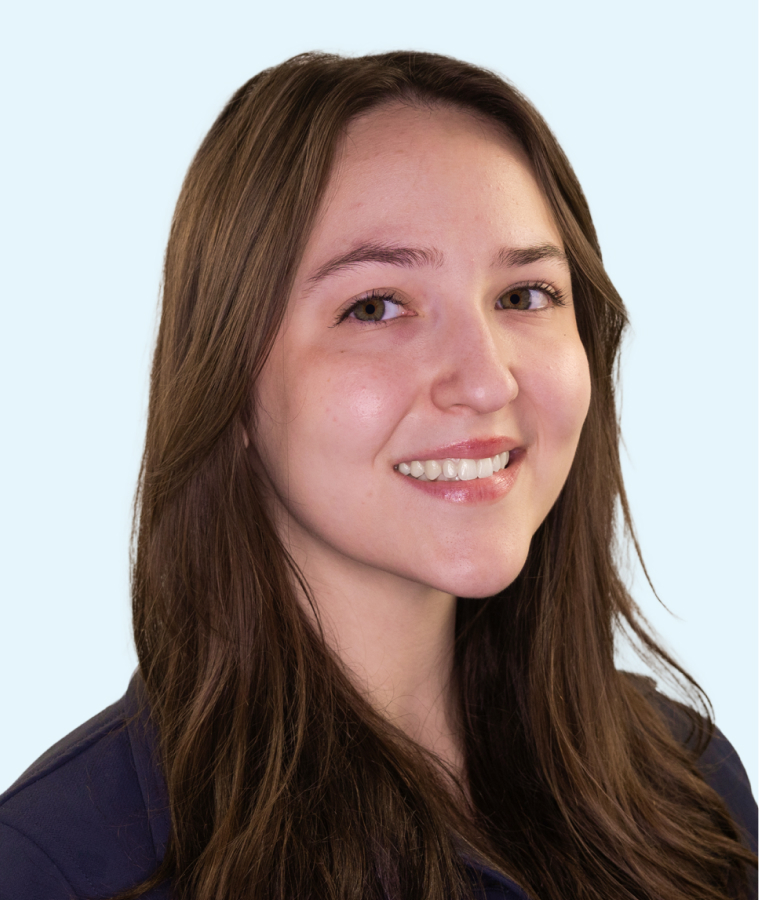Since its founding in 1919, Kettering University’s specialized approach to STEM-focused learning, brought to life through its co-op program, has been integral to its students’ widespread success. Unlike a traditional university, Kettering’s curriculum alternates every 11 weeks between two educational pathways: a standard classroom environment and professional employment experience.
“Kettering University is unique in higher education because we were designed to deliver mastery as an outcome versus simply an education,” said Kettering University President Dr. Robert K. McMahan.
With recognized programs in Engineering, Chemical Engineering, Computer Science, Mechanical Engineering, Electrical Engineering, Industrial Engineering, Engineering Physics, Computer Engineering and Business Management, Kettering’s intentionally built structure allows students to gain up to 2.5 years of hands-on industry experience ahead of graduation.
In that time, students have accumulated professional experience, established industry connections, developed problem-solving and leadership skills, and maximized the investment in their education. They enter the workforce beyond entry-level, and their peers never catch up.
“That’s the hallmark of what makes our students different,” says Jennifer Umberger, vice president of marketing and communications at Kettering University. “What many schools are trying to do now to different degrees of success is something that has been baked into who we are and how we operate from the very beginning.”
As other colleges across the country offer internships or other co-operative education experiences, Kettering continues to be a leader in workforce development through experiential learning. With over 400 employment partners, including the automotive industry’s Big Three and hundreds in other technology and business sectors, Kettering offers its students the opportunity to engage with industry leaders even before they set foot on campus.
Compared to traditional internships, which are typically unpaid, available to juniors and seniors, and optional, Kettering’s students are always compensated and they participate twice a year, every year. On average, these students earn between $45,000 to $75,000 throughout their education, which is a great benefit to offset tuition. Some even have co-op employers who offer housing and a 401(k).
As they are more likely to attract job offers above entry level due to their experience, Kettering students earn the No. 1 starting salary in Michigan, $75,000 per year, according to SmartAsset.
A Legacy in Leadership
Due to the achievement pathways available during their undergraduate education, numerous alums have worked their way into leadership roles at notable companies, including Reuters, Gibson Brands, Harley-Davidson Motor Co., CVS, General Motors and Merrill Lynch.
In an interview with Kettering’s Horsepower and Hyperloops podcast, Sean McBurney, a Mechanical Engineering graduate and Stanford MBA, deems the skills he acquired at Kettering essential to his success as the regional president of Caesars Entertainment.

“It’s not intuitive on the surface. But when you really start to look at the business, what you realize is these are massive facilities. A place like Caesars Palace is the 13th largest hotel in the world. We have 4,000 hotel rooms. We have 50 restaurants and bars, a massive convention business, a massive gaming business and a massive hotel business. Engineers are great at managing processes and managing people, so to deliver service at scale, that’s really what you need to do,” he explained.
Kristie Pfosi, a graduate from the class of 2007, notes how her Kettering education attracted rare opportunities.
“I actually got recruited by the CIA out of Kettering,” Pfosi told Horsepower and Hyperloops. “Having a dual Mechanical and Electrical engineering degree made me somewhat unique. Not a lot of those out in the wild.”
Though her co-op experience was in the automotive industry and consisted of designing Chrysler’s Stow-N-Go seating, the opportunity presented by the CIA pivoted Pfosi’s career into the world of cybersecurity.
“Originally, I was recruited to work on biometrics issues. I guess I did a pretty good job there, and I got pulled into supporting the Black Ops team for the last three years that I was there. “
Upon leaving the CIA, Pfosi returned to her automotive and Michigan roots as the director of program management at MAHLE Powertrain in Detroit. She has since become the executive director of product cybersecurity at Aptiv, a Tier 1 automotive supplier.
“When I left the Black Ops, I told the team what I’m going to be doing back in Detroit. All the spec ops, all the seals — everybody, and their reaction was, ‘Oh my god! That is so cool!’ The grass is always greener. So even when it sounds really cool and sexy to say, ‘I’m working at the CIA,’ apparently, there’s a lot of people at the CIA who are thinking, ‘Hey Detroit automotive, that sounds pretty wicked awesome.’ ”
Accelerating Industry Advancements
Bolstered by the scaling success of Michigan’s automotive sector, Kettering’s campus is an important ally to this industry. With cutting-edge testing facilities available to students, faculty and industry partners, the school is parked at the forefront of mobility innovation.
Researchers at the university’s Crash Safety Center facilitate mobility occupant protection testing in frontal, side and rear impacts. In 2009, the research center partnered with Dorel Juvenile Group to develop a car seat that better prevents side-impact head trauma. This collaboration discovered a new form of safety testing, now known as The Dorel/Kettering Method. It utilizes an intruding door technique instead of a fixed door to simulate a side impact crash with far more accuracy. This significant finding not only created Dorel’s revolutionary Air Protect car seat but was shared with the National Highway Traffic Safety Administration.
Kettering’s General Motors Mobility Research Center is paving the way for future automotive advancements. As the only autonomous vehicle testing track available on a U.S. college campus, the 21-acre outdoor lab is a valuable asset in the research and development of autonomous vehicles, hybrid and electric vehicles, and vehicle safety standards. It also means Kettering’s teams have a home-field advantage when preparing for AutoDrive, Intelligent Ground Vehicles, Formula and Baja SAE competitions.
Kettering’s facilities, resources, employment partnerships and educational structure have allowed the university to establish a reputation as a pipeline for well-equipped workers. Across various industries, companies in search of high-caliber employees turn to Kettering University.

This Investment Profile was prepared under the auspices of Kettering University. For more information, visit www.kettering.edu.

